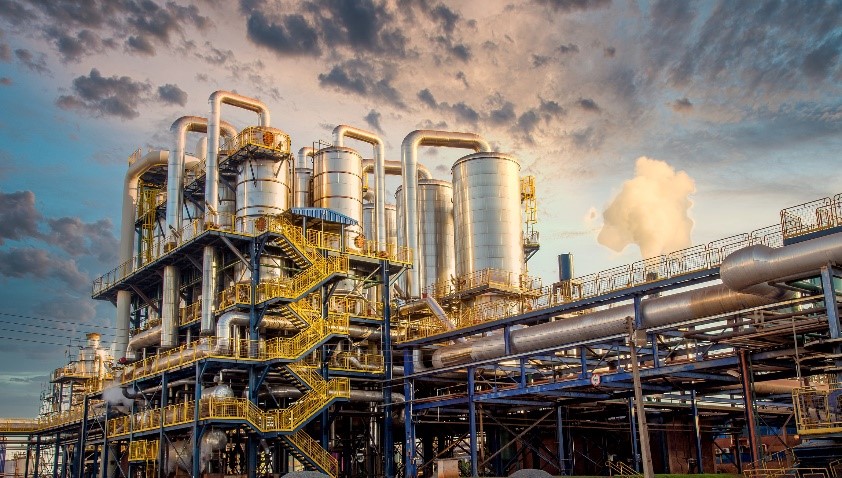
By Anthony Hobley (Co-Executive Director Mission Possible Partnership)
Commitment to climate action is growing fast in all sectors of society. Net-zero pledges from companies, cities, states, and regions doubled in the past year despite the global pandemic. Now is the time to accelerate action and implementation. The UK and EU are both committed to achieving net-zero by 2050, South Korea and Japan have recently committed to setting net-zero by 2050 targets, and China – the world’s largest emitter – has committed to achieving net-zero emissions no later than 2060. With the election of President Joe Biden, the US has re-entered the Paris Agreement and the President is hosting a Leaders Summit on Climate on April 22 and 23, which will be a key milestone in the run-up to COP26.
Cement, steel, aluminium, and chemicals—as well as the ships, planes, and trucks that move them—are the building blocks for the global economy. They account for 30% of global GHG emissions. On a business as usual trajectory these global industries will exceed the total amount of carbon the world can emit by 2030 making it impossible to achieve our global goal of limiting the global temperature rise to 1.5˚C. Therefore tackling the CO2 emissions from heavy industry and transport is imperative.
The Mission Possible Partnership (MPP), launched at the World Economic Forum’s Davos Agenda in the public panel Paving the Way to COP26 to drive the decarbonization of industry by 2030. Through the collaboration with the World Economic Forum, Mission Innovation is interacting with the Mission Possible Partnership.
We must see these industries’ entire value chains committing to and transitioning towards net-zero emissions and have the systems in place to reliably track those commitments. This means the next wave of low-carbon technologies must be brought to market rapidly, tested commercially and deployed on a scale that will unlock cost reductions. Industries must stop investing in, and must begin retiring, carbon-intensive assets. It is our mission to make this a reality.
MPP has evolved from a platform into the Mission Possible Partnership – now leveraging the power of a broader coalition of partners comprising the World Economic Forum, the Energy Transitions Commission, RMI and the We Mean Business Coalition. The Partnership brings together a critical mass of industries with their customers, suppliers, capital providers, and regulators to forge a common path to net-zero transformation. Mission Possible will create high-ambition change through net-zero industry platforms for seven of the world’s most carbon-intensive sectors: aluminium, cement, chemicals, iron and steel, aviation, shipping, and heavy road transport.
Most technologies needed to achieve a clean industry transition already exist but need urgent efforts to accelerate innovation to drive down costs and improve performance.
MPP urges governments, investors, corporates, and civil society to work together to accelerate the innovation and deployment of zero-carbon solutions before 2030 to put mid-century climate targets within reach. If you share our goal of accelerating the decarbonization of heavy industry and transport – join us at www.missionpossiblepartnership.org.
